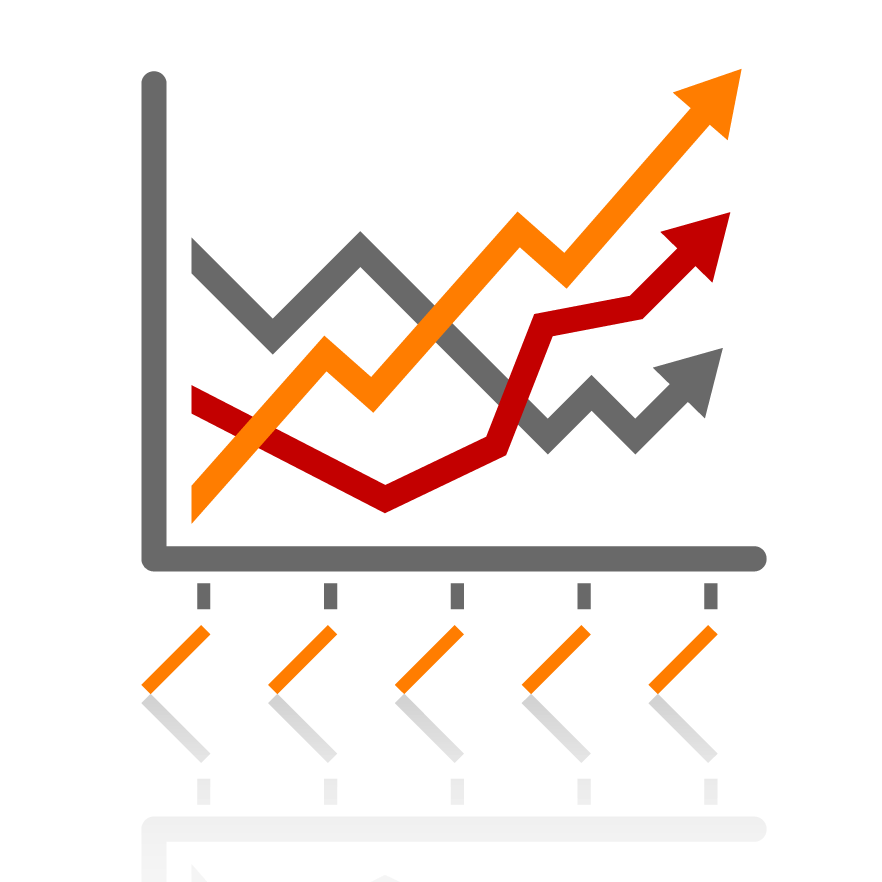Why Deploy an Operational Excellence Program
 So you want to implement an operational excellence program. Before you take any action step back and ask yourself “Why?”
So you want to implement an operational excellence program. Before you take any action step back and ask yourself “Why?”
In our years of practice, we have seen Operational Excellence (OpEx) deployments implemented for a variety of reasons.
In working with executives at various Fortune 500 companies we have found that the most commonly quoted reasons for “Why?” to deploy an improvement program are:
- “I need to provide all employees with training in Six Sigma and Lean tools”
- “We need to develop and work a constant flow of projects in every department”
- “We need to help change the culture of the company”
- “I have to do something to get these costs down”
- “We want to improve the way that people do their work”
- “I want to unleash the creative power of the employees”
Which of these is the proper purpose for a deployment? While each executive was well-intentioned, none of the statements above define the proper reason for “why deploy an operational excellence program”.
Does the purpose of an operational excellence program matter?
Yes! As Yogi Berra said, “if you don’t know where you’re going, you’ll end up someplace else.” Defining the purpose of your program is the first of many critical decisions you will make.
Think of your purpose as the North Star of your program. Once you set sail in the implementation, things will get rough and confusing. You will be forced to make decisions that could compromise the overall success of the program. You need a stable, logical point of reference to unite everyone and help them make the right decisions.
What is the proper purpose?
The only two reasons to deploy an operational excellence program is that it will help:
- Create value for your customers
- Increase the profitability of your organization
To test if these purposes are valid ask yourself, If my company succeeded in “providing all employees with training in Six Sigma and Lean tools” would I feel confident that the program would be funded during a market downturn?
*feel free to replace the quoted words with whatever you feel is the purpose of your deployment program*
Improving value for the customer is the only thing that will keep you in business and increasing your profitability is what keeps shareholders invested.
If you are honest, the only reason that the deployed program will be supported when budgets get tight will be if there is direct evidence that it is helping the company achieve significantly better results. If it is not part of the solution, it will die as one of the problems. We have seen multiple programs drastically defunded or terminated because leadership did not see them as achieving significant real financial improvement or creating value for the customer.
At the first market downturn misdirected programs are the first departments to be cut. Surprisingly, shortly after the market turns positive again, companies buy into another deployment or “flavor of the month” and the deployment carousel will continue to turn. Our goal is to keep you from becoming the flavor of the month and help you implement a program that delivers value to customers and improves profitability.
“Why” is not “How”
We have answered the first question “why deploy”, the next question is “how to successfully deploy and operational excellence program”. This is difficult to accomplish but exponentially beneficial when done well. To be successful, each deployment must be customized to the needs of the individual company and managed using key principles.
You must understand that an operational excellence deployment is a complicated system defined by six key components. Understanding these are essential to helping you design and deploy a program that will achieve its purpose.
About Lean Sigma Corporation
Lean Sigma Corporation is an independent Six Sigma certification authority responsible for the development, administration, and governance of professional Six Sigma credentials. The organization defines certification frameworks, examination standards, and credentialing systems used to evaluate and recognize Six Sigma competence across professional training environments.
Organizations and instructors delivering Six Sigma training under recognized standards participate in the Authorized Training Partner (ATP) Program.

